















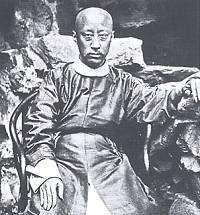
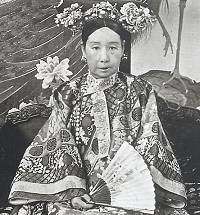
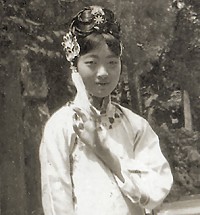
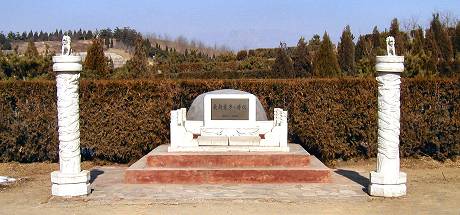
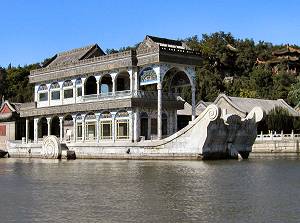
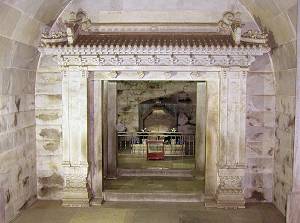














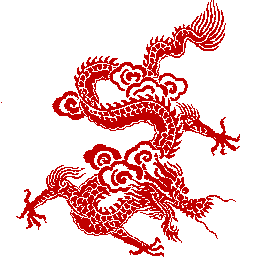
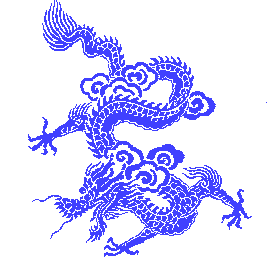
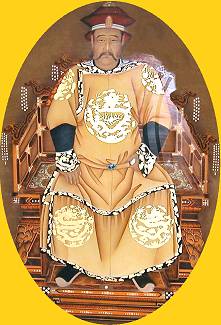
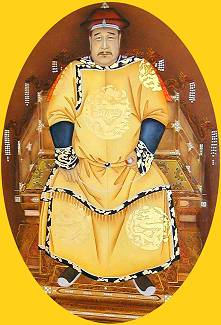
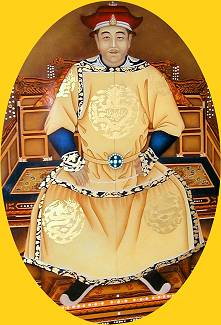
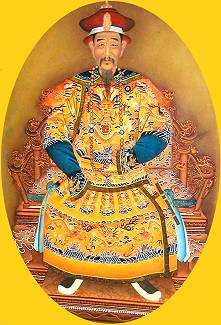
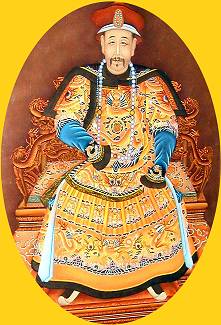
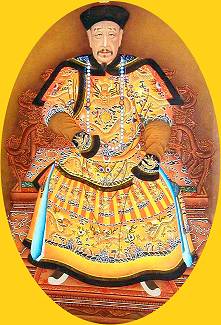
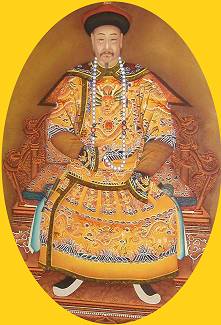
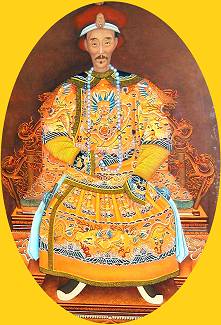
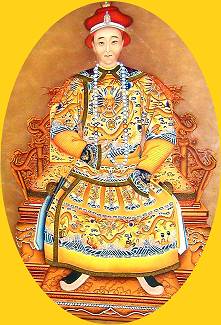
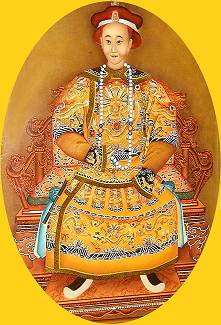
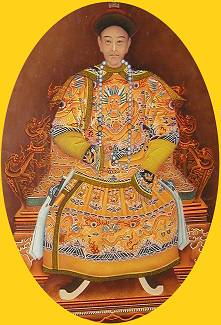
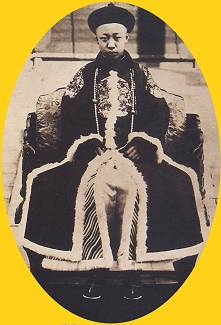
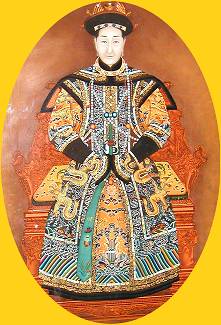
China's last dynasty, the Qing, officially lasted 268 years, from the year of 1644 to 1911.
The official count starts with the declaration of the dynasty in Beijing but ignores that the dynasty was already formally declared in 1636 by the Chongde Emperor (alias Huangtaiji) at the inauguration of the dynastic palace in Shenyang (then called Mukden).
Move your mouse over any one of mini portraits above for more details on the era of each of the 12 Qing emperors ...
Nu'erhachi (1626-1626)
The World 1559-1626
Huangtaiji (1627-1643)
The World 1627-1643
Shunzhi (1644-1661)
The World 1644-1661
Kangxi (1661-1722)
The World 1661-1722
Yongzheng (1723-1735)
The World 1723-1735
Qianlong (1736-1795)
The World 1736-1795
Jiaqing (1796-1820)
The World 1796-1820
Daoguang (1821-1850)
The World 1821-1850
Xianfeng (1851-1861)
The World 1851-1861
Tongzhi (1862-1874)
The World 1862-1874
Guangxu (1875-1908)
The World 1875-1908
Puyi (1909-1911)
The World 1909-1911
Cixi (1862-1908) (I)
Cixi (1862-1908) (II)